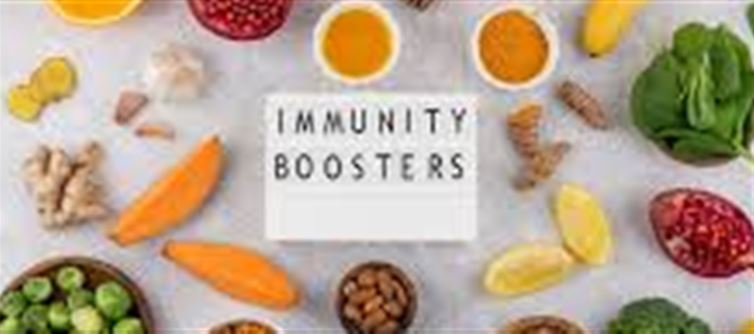
Vitamin B12, also called cobalamin, is one of the most essential nutrients for the human body. It plays a vital role in red blood cell formation, nerve function, and dna synthesis. Unfortunately, Vitamin B12 deficiency is becoming increasingly common, especially among vegetarians and people with digestive disorders.
If left untreated, it can lead to anemia, nerve damage, and even long-term health issues. The good news? By recognizing the symptoms early and making the right food choices, you can prevent deficiency and maintain good health.
⚠️ Symptoms of vitamin B12 Deficiency
You may have a vitamin B12 deficiency if you notice these warning signs:
Persistent fatigue and weakness despite adequate sleep
Pale or yellowish skin due to reduced red blood cell count
Numbness or tingling in hands and feet caused by nerve damage
Difficulty concentrating, memory problems, or brain fog
Shortness of breath or dizziness during mild exertion
Mood swings, irritability, or depression
Swollen, red tongue (glossitis) and mouth ulcers
Poor appetite and unexplained weight loss
If you experience a combination of these symptoms, it’s important to consult a doctor and get your vitamin B12 levels tested.
🥗 4 Best Foods to Prevent vitamin B12 Deficiency
Since the human body cannot produce vitamin B12 on its own, it must come from diet or supplements. Here are four excellent food sources:
1️⃣ eggs – The Easy Daily Source
Eggs, especially the yolks, are rich in vitamin B12. Eating one or two eggs daily can help boost your intake. They also provide high-quality protein and essential fats, making them a wholesome breakfast option.
👉 Best Way: Enjoy them boiled, scrambled, or as an omelette for maximum benefit.
2️⃣ Dairy Products – Milk, Curd, and Cheese
Milk, yogurt, and cheese are excellent vegetarian sources of vitamin B12. Just one glass of milk can supply about 18% of your daily B12 requirement. Regular consumption also strengthens bones due to the calcium and vitamin D content.
👉 Best Way: A glass of warm milk before bedtime or a cup of curd with lunch can easily meet your needs.
3️⃣ fish and Seafood – A Powerhouse of B12
Non-vegetarians can rely on fish like salmon, sardines, tuna, and mackerel, which are among the richest sources of vitamin B12. Seafood also provides omega-3 fatty acids that support heart and brain health.
👉 Best Way: Grilled or baked fish twice a week can keep deficiency at bay.
4️⃣ Fortified Foods – Cereals and Plant-Based Milk
For vegetarians and vegans, fortified breakfast cereals, soy milk, and almond milk are smart options. These foods are specially enriched with vitamin B12 to meet dietary needs without animal products.
👉 Best Way: Check labels to ensure “fortified with vitamin B12” before buying.
📌 Final Word
Vitamin B12 deficiency is a silent health problem that can affect energy levels, mood, and even the nervous system. Recognizing symptoms early and adding eggs, dairy, fish, and fortified foods to your diet can protect you from long-term complications.
If you’re at high risk—such as vegetarians, elderly individuals, or those with digestive disorders—speak with your doctor about regular screening and possible supplements.
👉 Remember: A little dietary mindfulness today can prevent serious health troubles tomorrow.
Disclaimer:
The views and opinions expressed in this article are those of the author and do not necessarily reflect the official policy or position of any agency, organization, employer, or company. All information provided is for general informational purposes only. While every effort has been made to ensure accuracy, we make no representations or warranties of any kind, express or implied, about the completeness, reliability, or suitability of the information contained herein. Readers are advised to verify facts and seek professional advice where necessary. Any reliance placed on such information is strictly at the reader’s own risk.
.jpg)




 click and follow Indiaherald WhatsApp channel
click and follow Indiaherald WhatsApp channel